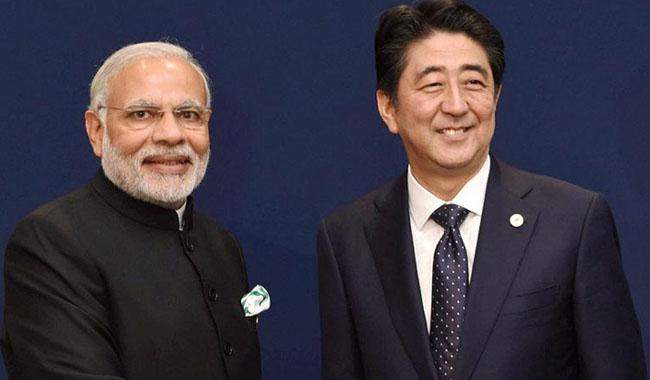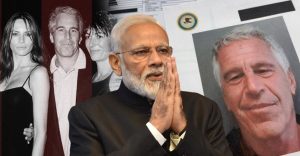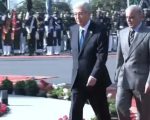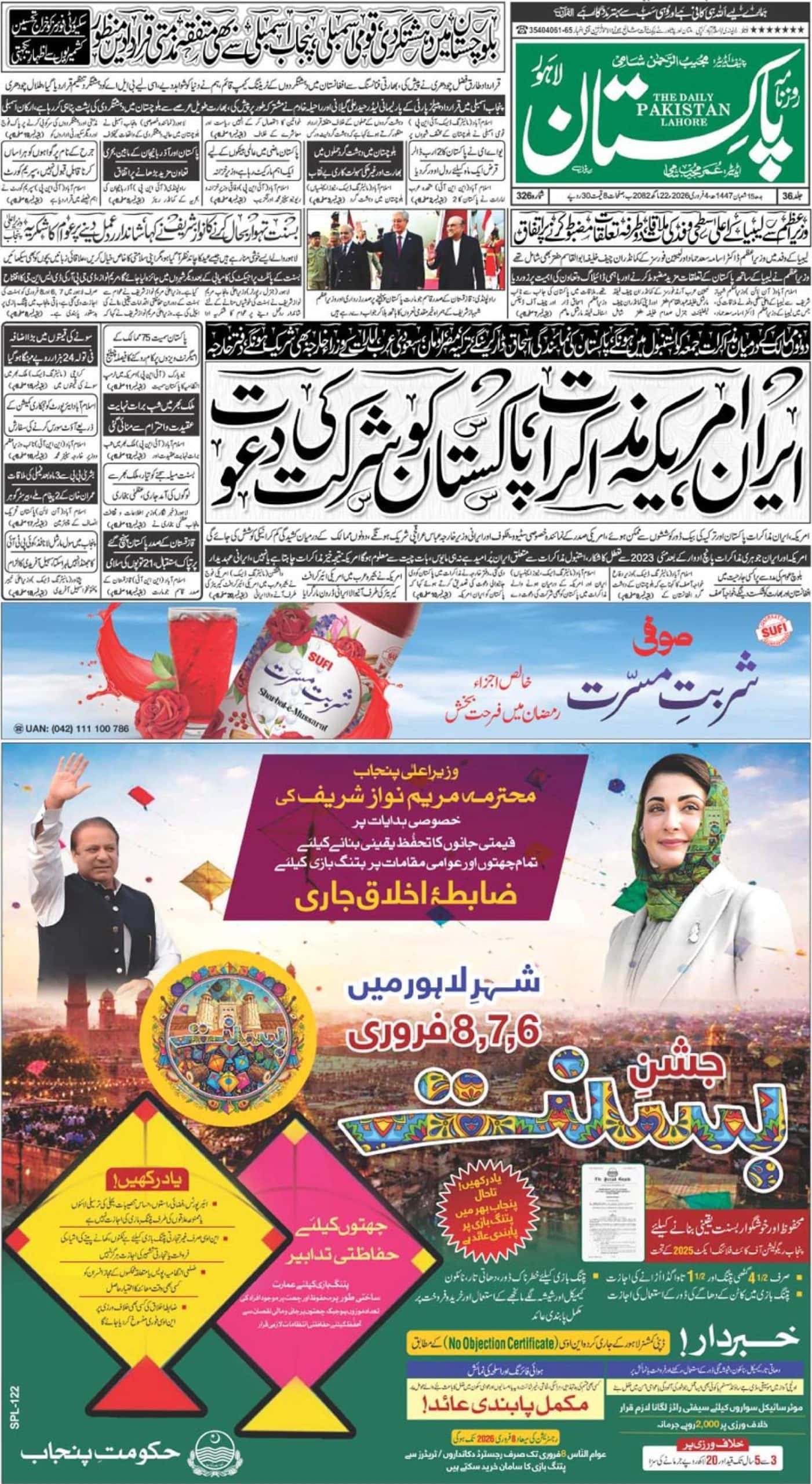TOKYO – Japan and India are set to sign a controversial civil nuclear deal this week, reports said Sunday, as the two Asian allies look to boost economic and security ties to counter an assertive China.
India´s Prime Minister Narendra Modi and his Japanese counterpart Shinzo Abe are set to sign a deal Friday that would allow Japan to export nuclear technology to the subcontinent, the Yomiuri Shimbun paper reported.
India would become the first non-signatory to the Treaty on the Non-Proliferation of Nuclear Weapons (NPT) to agree such a nuclear deal with Japan — which was the victim of US atomic bombings in the final days of World War II.
The two countries are also set to agree that if India conducts a nuclear test, Japan will stop cooperation, the Yomiuri reported.
The expected deal comes against a backdrop of growing security concerns in the region over China´s military presence.
Beijing is expanding its deep-water naval presence and asserts sovereignty over disputed areas of the East and the South China Sea and Indian Ocean region, parts of which Japan also claims.
India has a longstanding territorial dispute with China, and troops from the two countries engaged in a major stand-off at the border in 2014.
Tokyo has its own spat with Beijing over islands in the East China Sea and is increasingly vocal about its rival´s ambitions to control almost the whole of the South China Sea.
Japan has in the past shunned civil nuclear cooperation with India, citing concerns over the international Non-Proliferation Treaty, but appears to have softened its stance.
The business daily Nikkei confirmed the expected nuclear deal, adding that a batch of business-linked deals are also set to be signed.
Modi visited Japan in August 2014 on his first bilateral trip outside South Asia, months after coming to power.
Subsequently, Abe paid a two-day visit to India last December.
Modi will arrive in Japan Thursday for a three-day visit after the two men in September held talks on the sidelines of a Southeast Asia meeting in Laos.-APP














